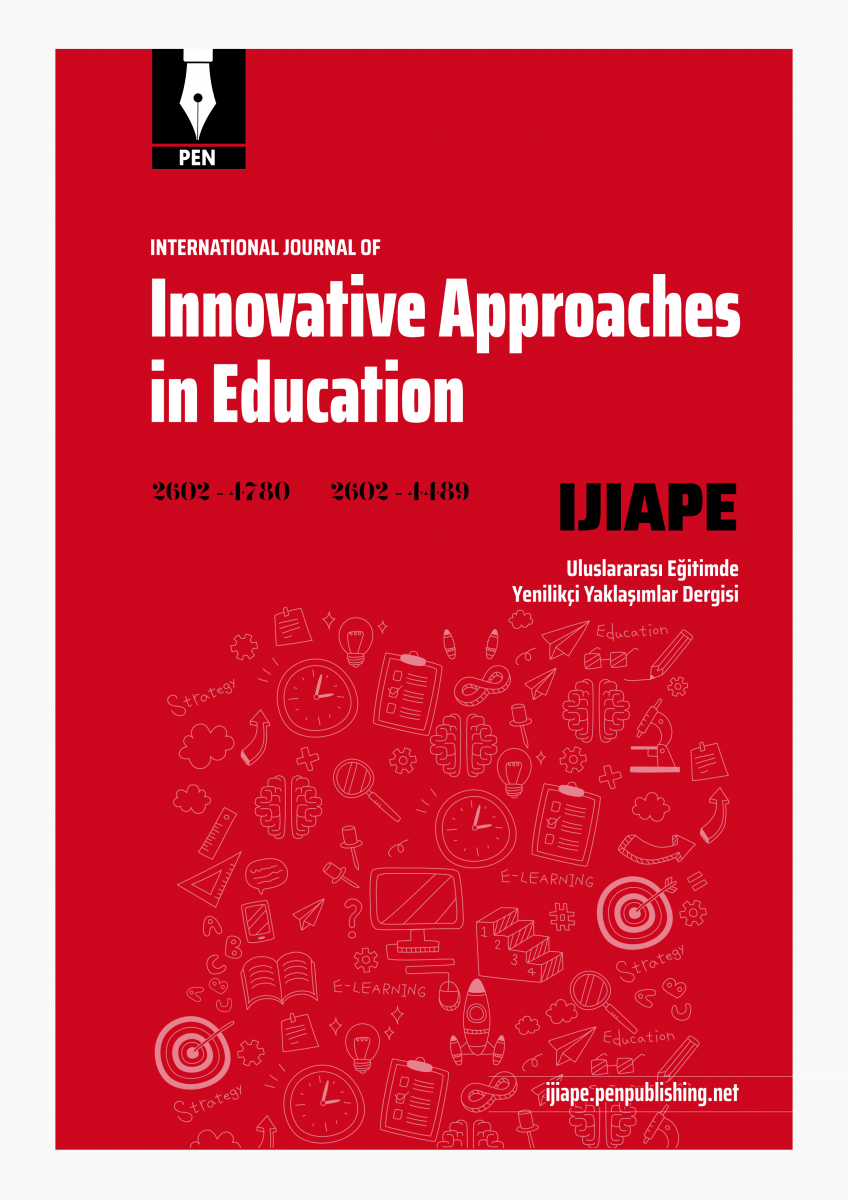Research article | Open Access
International Journal of Innovative Approaches in Education 2022, Vol. 6(3) 173-189
A Qualitative Research on the Characteristics of Senior Education Administrators
pp. 173 - 189 | DOI: https://doi.org/10.29329/ijiape.2022.473.4
Publish Date: September 30, 2022 | Single/Total View: 138/388 | Single/Total Download: 182/582
Abstract
Today, with the effect of the globalization vision, the management systems and policies of the states have changed and continuous development has become a necessity. Education policies are also frequently reviewed in order to keep up with these developments and changes, and education systems are arranged according to these changes. Therefore, the most important question is; 'How can we manage the education system more effectively?' is in the form.
In this process, where international competition has increased, national borders have virtually disappeared and education has become global, the decision-making and problem-solving roles of senior education administrators have also gained importance. The characteristics of senior education administrators who have an important role in the training of qualified manpower, are decisive both in the efficient, effective, qualified and rational use of scarce resources and in the quality of the provision of education services.
Behavioral and personal characteristics, task awareness, education, belief in science, intellectual, artistic, managerial characteristics, leadership characteristics, strategic thinking and environmental awareness of senior education administrators are an important component in the successful management of educational institutions.
In the research; it is aimed to determine the managerial characteristics of the administrators who work as senior education administrators in educational institutions and their reflection on the management process. In the research, the 'descriptive method' was used, which is based on gathering the information on the subject and determining the problems and making applicable inferences for the solution of these problems. The research data were obtained by interview technique with senior education administrators, coded in accordance with the purpose of the research, interrelated data were brought together, processed in the maxqda program with content analysis and the results were interpreted and the contribution of the features that should be found in senior education administrators to adapt to changing environmental conditions and change has been examined.
Keywords: Senior Tier, Education Administrator, Training Senior Education Administrators, Senior Education Administrator Training Policies
| How to Cite this Article? |
|---|
|
APA 7th edition Harvard Chicago 16th edition |
| References |
|---|
|

